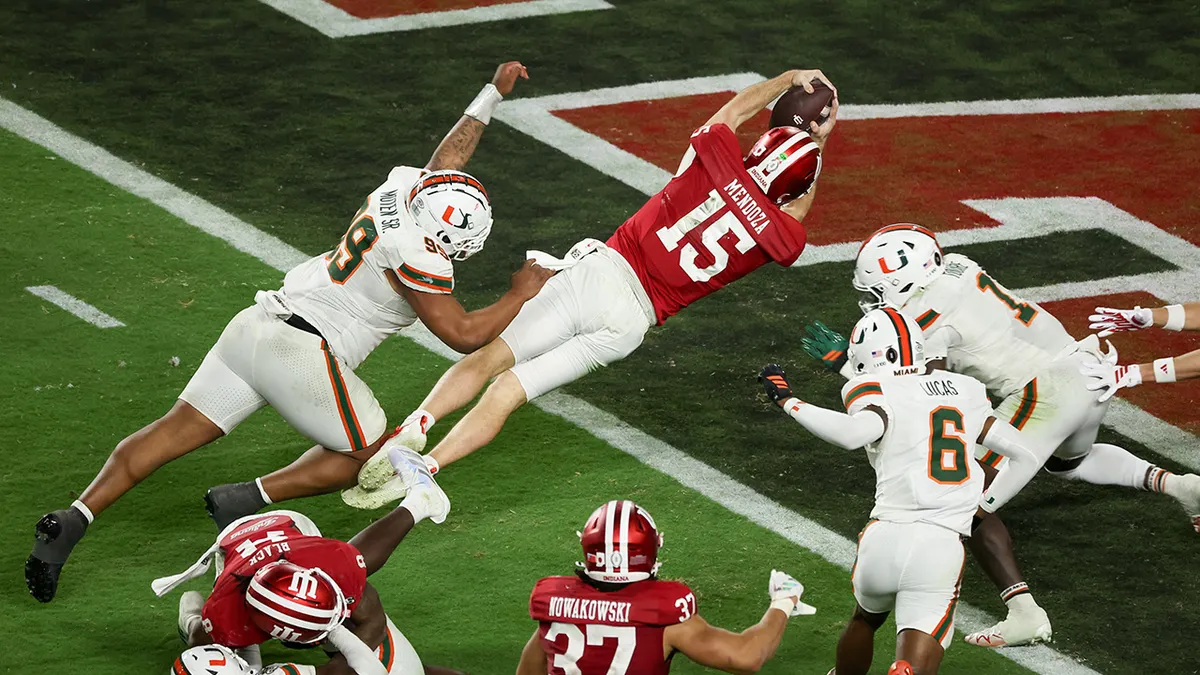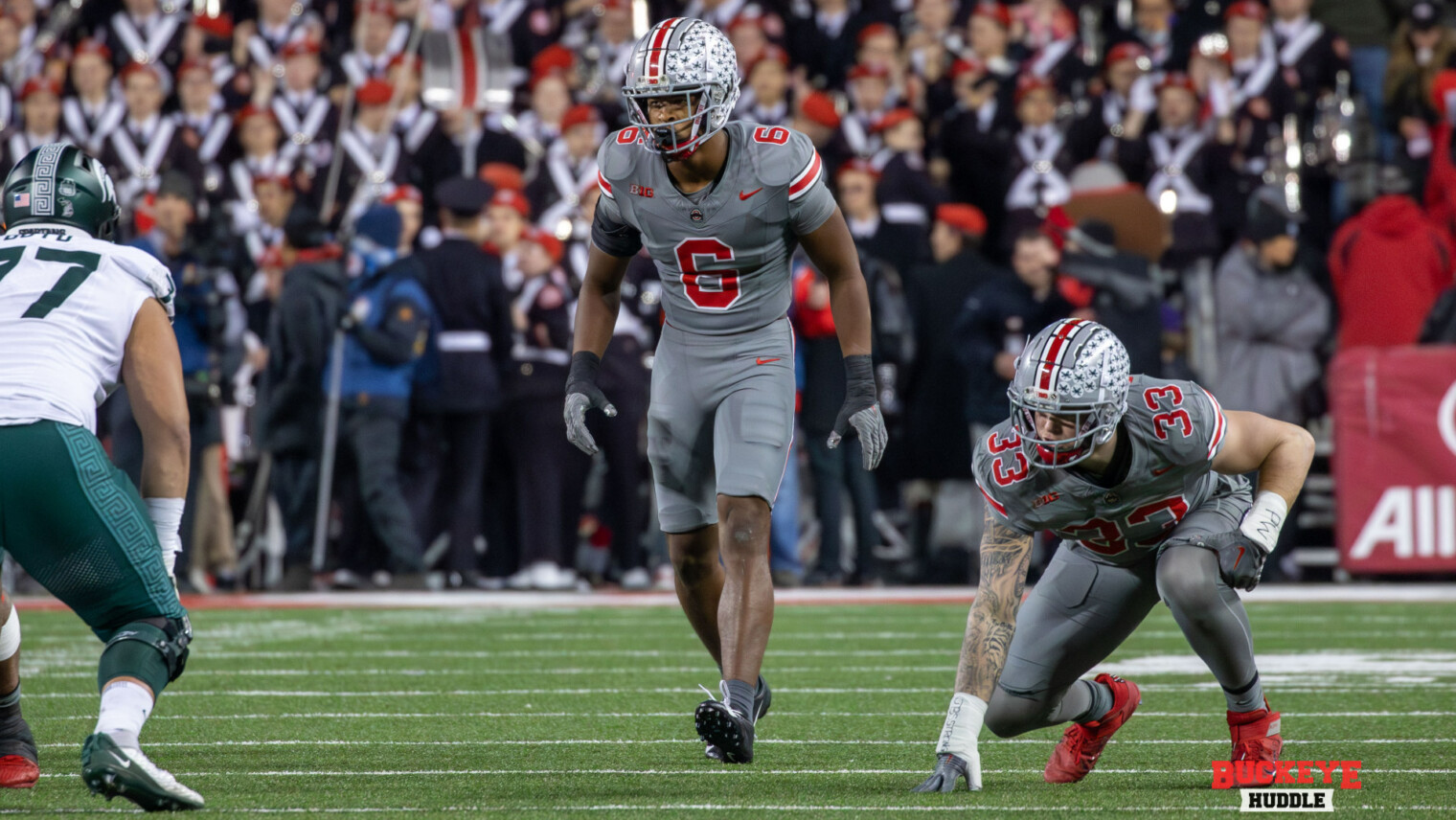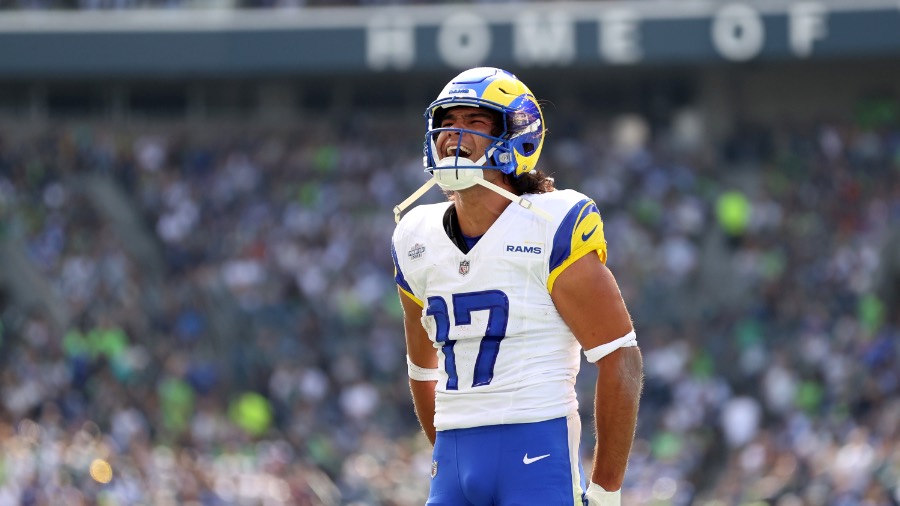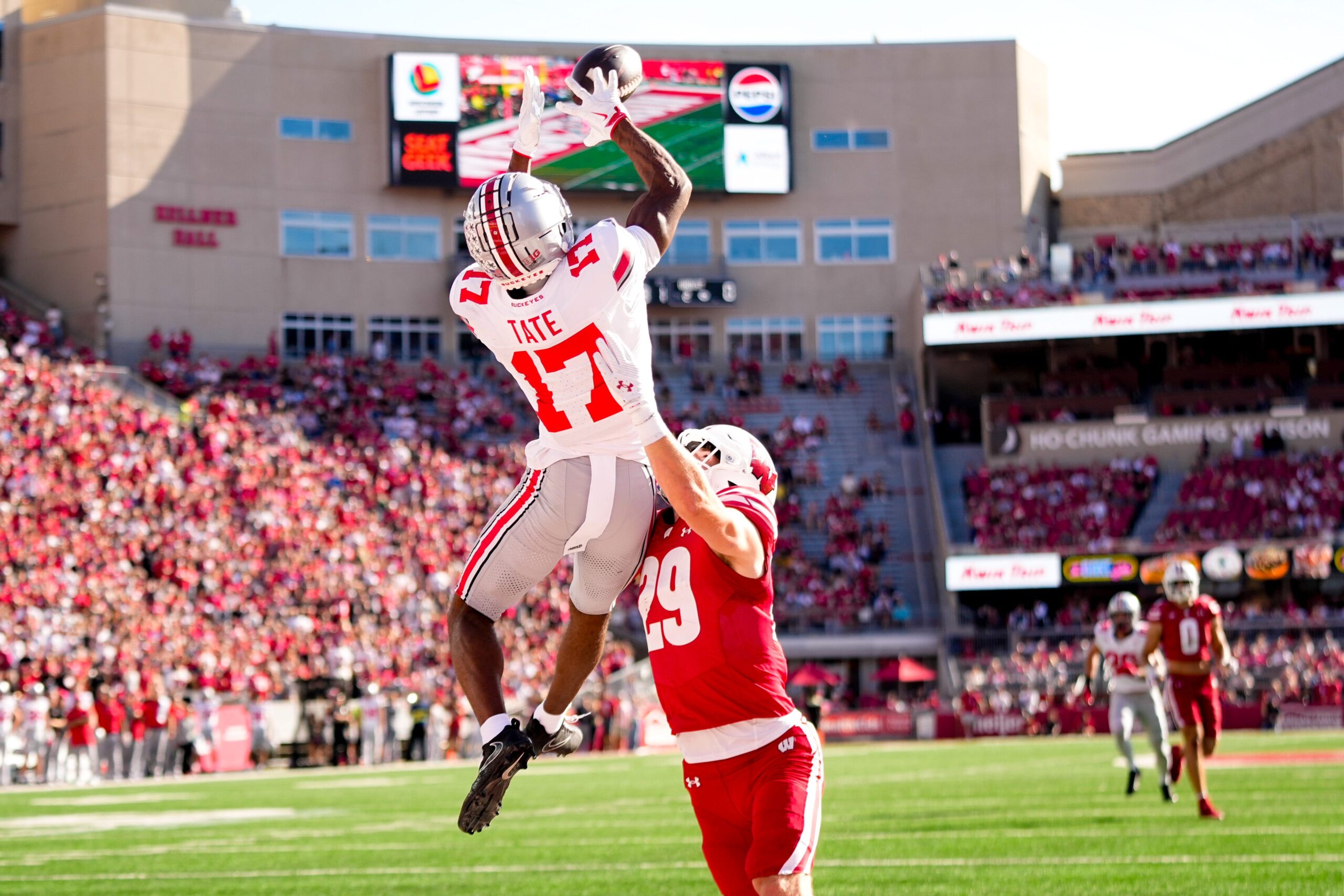The National Football League (NFL) is more than just a sport—it’s a saga of dominance, innovation, resilience, and reinvention. Throughout its storied history, certain teams have risen above the rest, not just winning championships but defining entire eras of professional football. These dynasties were more than a collection of elite athletes; they were well-oiled machines powered by legendary coaches, game-changing strategies, and iconic players who left an indelible mark on the sport.
Just as NFL dynasties captivate fans with their consistency and flair, the world of online entertainment offers similar thrills through platforms like online casinos. With exciting bonus offers, a wide variety of themed slots, and fast-paced gameplay, casino fans can experience a taste of the action from their own homes. For those looking to explore this dynamic world, the Stay casino app download provides easy access to games, promotions, and the adrenaline of real-time play – all from your mobile device.
Let’s take a closer look at the most dominant dynasties in NFL history – what made them great, how they sustained success, and what legacy they left behind.
Green Bay Packers (1960s) – The Founding Dynasty
- Head Coach: Vince Lombardi
- Star Players: Bart Starr, Paul Hornung, Ray Nitschke
- Championships: 5 titles (1961, 1962, 1965, 1966, 1967)
The Green Bay Packers were the NFL’s first great dynasty. In the 1960s, under the leadership of the iconic Vince Lombardi, the Packers set a new standard for excellence. Lombardi wasn’t just a coach—he was a visionary and a disciplinarian who believed in execution, fundamentals, and character. His philosophy emphasized teamwork, accountability, and mental toughness, which quickly transformed the Packers into the league’s dominant force.
Quarterback Bart Starr was the perfect on-field extension of Lombardi, known for his poise and intelligence. With running backs like Paul Hornung and a fearsome defense led by linebacker Ray Nitschke, the Packers were a balanced team that could beat opponents in multiple ways.
The Packers won five NFL championships in the span of seven years, including the first two Super Bowls. Their dominance helped legitimize the Super Bowl as the pinnacle of the sport. To this day, the Super Bowl trophy is named the Lombardi Trophy in honor of their legendary coach.
Pittsburgh Steelers (1970s) – The Steel Curtain Rises
- Head Coach: Chuck Noll
- Key Players: Terry Bradshaw, Franco Harris, “Mean” Joe Greene, Jack Lambert
- Championships: 4 titles (1974, 1975, 1978, 1979)
The 1970s Pittsburgh Steelers represented the NFL’s transition into a tougher, more physical era. Led by Chuck Noll, the Steelers drafted brilliantly in the early part of the decade, assembling a roster that combined brutal defense with explosive offense.
The heart of the dynasty was the defense—nicknamed the “Steel Curtain”—anchored by Joe Greene, one of the most feared defensive linemen in NFL history. Linebackers like Jack Lambert and Jack Ham added intimidation and intelligence to the defensive core.
Offensively, quarterback Terry Bradshaw and running back Franco Harris provided a one-two punch, with Lynn Swann and John Stallworth delivering game-changing plays in the passing game.
The Steelers were the first franchise to win four Super Bowls, and they did it with style, grit, and consistent performance across an entire decade. Noll’s ability to manage egos and instill a culture of winning was central to the team’s long-term success.
San Francisco 49ers (1980s to early 1990s) – The West Coast Revolution
- Head Coaches: Bill Walsh, George Seifert
- Key Players: Joe Montana, Jerry Rice, Ronnie Lott, Steve Young
- Championships: 5 titles (1981, 1984, 1988, 1989, 1994)
The 49ers redefined football in the 1980s through innovation and finesse. Head coach Bill Walsh pioneered the West Coast Offense, a passing-heavy scheme that relied on timing, precision, and short throws to neutralize aggressive defenses. This offensive revolution changed the way football was played at every level.
Joe Montana, often described as the ultimate clutch quarterback, thrived in Walsh’s system, spreading the ball with surgical accuracy. His partnership with wide receiver Jerry Rice—widely considered the greatest receiver of all time—was one of the most lethal in NFL history. On defense, the team featured hard-hitting stars like Ronnie Lott, a safety who patrolled the secondary with ruthless efficiency.
After Walsh retired, George Seifert took the reins and maintained the franchise’s high standards. In 1994, Steve Young, Montana’s successor, led the 49ers to their fifth title, ensuring that the dynasty lived on even after its original architect had left.
Dallas Cowboys (1990s) – America’s Team Ascends
- Head Coaches: Jimmy Johnson, Barry Switzer
- Key Players: Troy Aikman, Emmitt Smith, Michael Irvin, Deion Sanders
- Championships: 3 titles (1992, 1993, 1995)
The Dallas Cowboys of the 1990s were flashy, physical, and fiercely competitive. Nicknamed “America’s Team,” they weren’t just dominant on the field—they were cultural icons. Led by the ambitious and intense Jimmy Johnson, the Cowboys assembled a powerhouse roster through smart drafting and fearless trades.
The offensive trio of quarterback Troy Aikman, running back Emmitt Smith (the NFL’s all-time leading rusher), and wide receiver Michael Irvin became the backbone of the team’s success. On defense, the addition of cornerback Deion Sanders elevated the team’s swagger and shutdown ability.
With three Super Bowl titles in four seasons, the Cowboys became the team of the decade. Their success was as much about style as substance, and their brand became synonymous with winning—and winning big.
New England Patriots (2000s–2010s) – The Dynasty of Dynasties
- Head Coach: Bill Belichick
- Key Players: Tom Brady, Rob Gronkowski, Ty Law, Julian Edelman
- Championships: 6 titles (2001, 2003, 2004, 2014, 2016, 2018)
No team in NFL history has maintained dominance as long as the New England Patriots. Spanning two decades, the Belichick-Brady era stands as the most sustained and successful run the league has ever seen.
Bill Belichick’s genius lay in his ability to adapt. Whether facing rule changes, injuries, or shifting strategies from opponents, the Patriots constantly reinvented themselves without losing their edge. His preparation and game planning were legendary.
Quarterback Tom Brady became the face of the dynasty, embodying leadership, discipline, and clutch performance. From the underdog Super Bowl win in 2001 to the historic 28–3 comeback against the Atlanta Falcons in Super Bowl LI, Brady’s career is a case study in perseverance and execution.
The Patriots reached nine Super Bowls under Belichick and Brady, winning six. Their ability to evolve, draft well, and find value in overlooked players (like Julian Edelman, a former quarterback turned receiver) made them the ultimate football dynasty.
What Makes a Dynasty?
Not every great team becomes a dynasty. True dynasties share a few critical elements:
1. Legendary Head Coach
Every dynasty has been shaped by a visionary leader—someone who could instill discipline, manage egos, and adapt to the game’s evolution. Think Lombardi, Noll, Walsh, Johnson, Belichick. They weren’t just strategists—they were culture builders.
2. Franchise Quarterback
A great quarterback is almost always at the center of a dynasty. Bart Starr, Terry Bradshaw, Joe Montana, Troy Aikman, and Tom Brady were all more than just skilled passers—they were field generals who embodied leadership and resilience.
3. Consistency Over Time
One good season doesn’t make a dynasty. These teams sustained success over multiple years, often winning multiple championships and remaining playoff contenders for a decade or more.
4. Strategic Innovation
Each dynasty brought something new to the table. The Packers had organizational discipline, the 49ers introduced a revolutionary offense, and the Patriots mastered flexibility and situational football.
5. Drafting and Development
The best dynasties built through the draft. They found talent, developed it, and created a pipeline of future stars to keep the machine running.
The Future: A New Dynasty Rising?
Today, the NFL seems poised for a new dominant force to take the stage. The most likely candidate?
Kansas City Chiefs – The Next Great Empire?
- Head Coach: Andy Reid
- Quarterback: Patrick Mahomes
- Recent Titles: Super Bowl LIV (2019), Super Bowl LVII (2022), Super Bowl LVIII (2023)
With Andy Reid’s offensive genius and Patrick Mahomes’ generational talent, the Chiefs have already won three Super Bowls in five seasons and appear far from done. Mahomes combines arm talent, improvisation, and football IQ at an unprecedented level. If they maintain their core and keep evolving, the Chiefs could well become the defining team of the 2020s.
Other Contenders
- San Francisco 49ers: With a stacked roster and coach Kyle Shanahan’s innovative schemes, the Niners are always close.
- Philadelphia Eagles: A young, dynamic team with leadership and depth, led by quarterback Jalen Hurts.
Conclusion
NFL dynasties aren’t just about winning—they’re about changing the game, inspiring the next generation, and leaving a legacy that endures. From Lombardi’s Packers to Belichick’s Patriots, these teams became symbols of excellence.
As the league continues to evolve, the next great dynasty is already taking shape. Will it be Mahomes and the Chiefs? Or will a new contender rise to take the crown?
One thing is certain: dynasties come and go, but their stories live on forever in the heart of the NFL.





